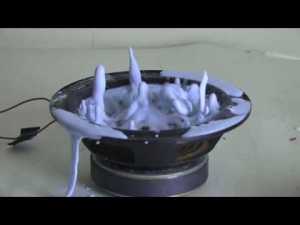If you were to ask people to name a famous scientist you are likely to hear answers such as Newton or Einstein. If you were to ask me I would reply Mendeleev. So why I do I think Mendeleev should be as famous as those other two guys? What did he do that was so important, I hear you cry? Well I will tell you, Mendeleev devised the Periodic Table, the most incredible document in the world of chemistry!
Mendeleev was a chemistry genius, not only did he manage to arrange the 80 or so known elements of his time into the first ever Periodic Table, he left gaps in his table for elements he knew were yet to be discovered. Even more impressive, he correctly predicted the properties of the still to be discovered elements. If that was not brilliant enough, this was all happening in the days before we knew about atomic structure yet Mendeleev still managed to arrange the elements in order of their atomic number before atomic number even existed…that’s just totally WICKED, some would say INCREDIBLE.
If you look at the Periodic Table below it does not look very much like our modern day version but there are loads of similarities if you know where to look. The pink coloured elements are ones discovered after the death of Mendeleev but he had left the pink gaps to be filled in later. He was a very clever man.



